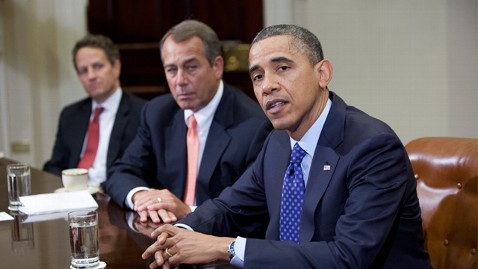UPDATED: Multiple reports, including one from Gerardo Ruiz Esparza, Mexico's Secretary of Communications and Transports, confirm that the remains of the private jet carrying Jenni Rivera have been found, with no survivors. Rivera, 43, was one of seven passengers.
Rivera's father, Pedro, confirmed the news of his daughter's passing to reporters stationed outside of his home in Lakewood, Calif., where several family members are gathered, including Rivera's mother Rosa and her eldest daughter Chiquis, who has still not made any statements. Rivera's father reportedly received the news via telephone from his son, singer Lupillo Rivera, who was in Mexico at the time of the jet's disappearance. "This is the first tragedy of this kind that we suffer as a family," Rivera's father told reporters on Sunday evening. "I hope people remember her as she was - someone who was straight with the world."
Celebrity reactions on Twitter have poured in since news of the disappearance of Rivera's jet, including Paulina Rubio (who was set to co-host the Mexican edition of The Voice with Rivera) William Levy, Joan Sebastian, Ricky Martin, and others.
See also: Jenni Rivera Immortalized in new Track 'La Misma Gran Señora
AP Photo/Lynne Sladky, file
Andy Williams Dead: 'Moon River' Singer Remembered Watch Video
Mexican officials have confirmed the disappearance of a private jet carrying regional Mexican music superstar Jenni Rivera that took off from the northern Mexican city of Monterrey at 3:15 a.m. local time on Sunday and fell off the radar 10 minutes (or 62 miles) after take-off.
The Learjet 25 jet, which dates back to 1969, is believed to have been carrying seven people – five passengers and two pilots. It was headed for Toluca International Aiport, located outside of Mexico City, where it was meant to arrive at 4:40 a.m. An official search for the jet was initiated at sunrise.
Rivera's publicist Arturo Rivera and her make-up artist Jacob Yebale are believed to have been on that flight. Their most recent tweets are of photos from Rivera's concert in Monterrey on Saturday night.
The Mexican American singer's most recent tweet is a re-tweet of what appears to be a fan's message.
Rivera was due in Toluca this evening for the taping of a Mexican TV show, La Voz. Televisa has canceled tonight's show given Rivera's disappearance.
Known as La Diva de la Banda and beloved by fans on both sides of the border, Rivera, 43, has had a groundbreaking career in regional Mexican music, selling some 15 million records. Among her many feats in a male-dominated genre, she made history in September 2011 when she sold out the Staples Center in Los Angeles, the first female regional Mexican artist to do so. Her reality show on mun2, I Love Jenni, is one of the network's highest rated shows. Rivera made her film debut at the 2012 Sundance Film Festival in the indie family drama Filly Brown, due in theaters in January 2013.
See Also: 'Filly Brown Gives Jenni Rivera a Chance to Grow and Gina Rodriguez a Chance to Shine
The Long Beach, Calif.-born singer's personal life has often called for as much attention as her career. A mother of five, Rivera had filed for divorce from baseball player Esteban Loaiza in October after two years of marriage, citing "irreconcilable differences." Soon after, rumors of an affair between Loaiza and Rivera's own daughter Chiquis surfaced, which Chiquis addressed on Twitter in October by saying, "I would NEVER do that, Ever! That's a horrible accusation."










